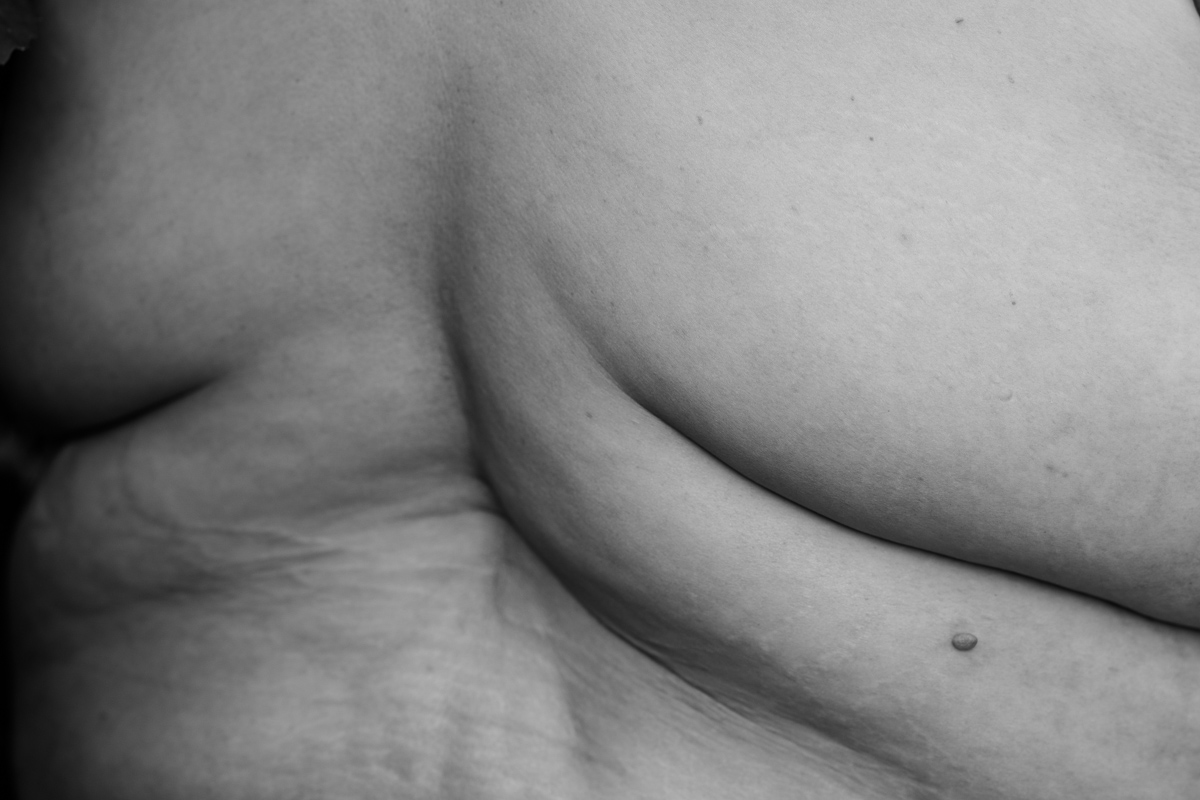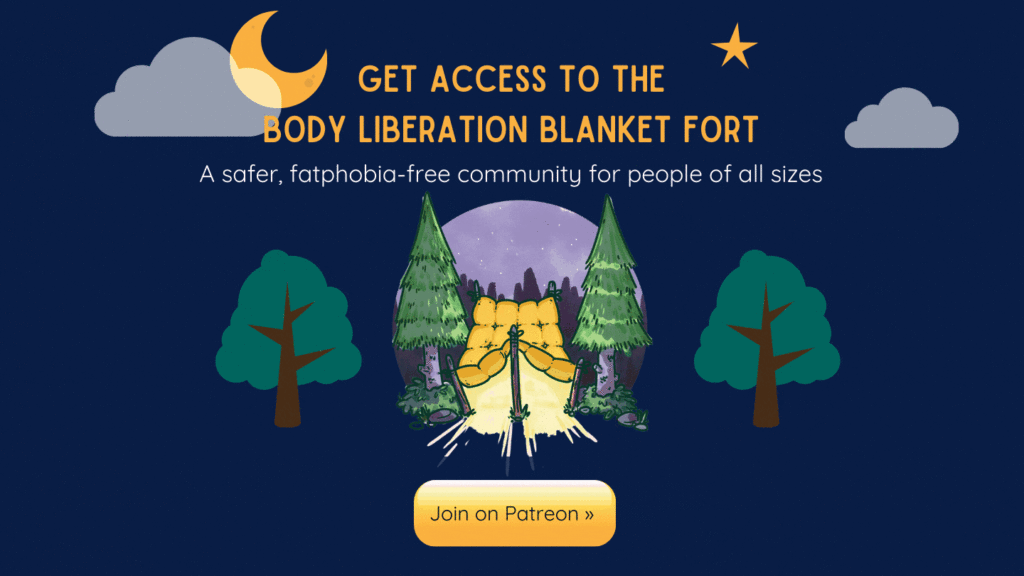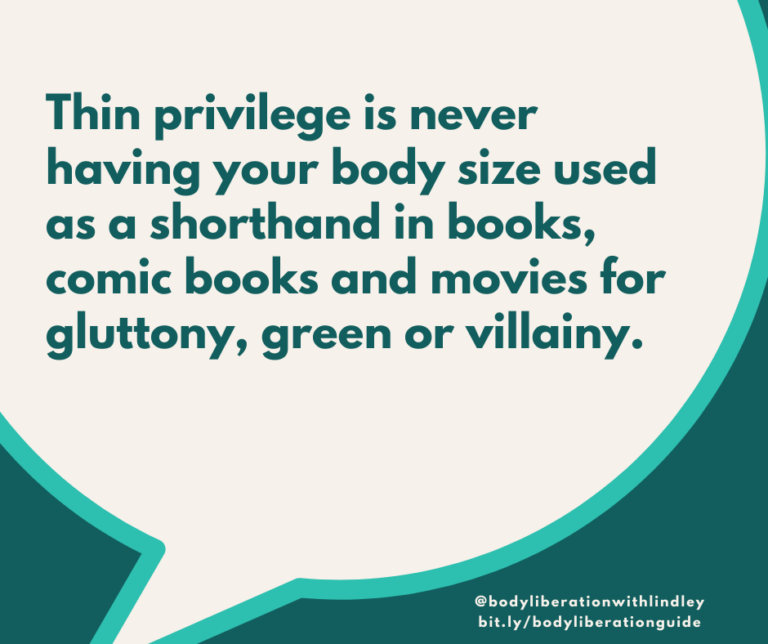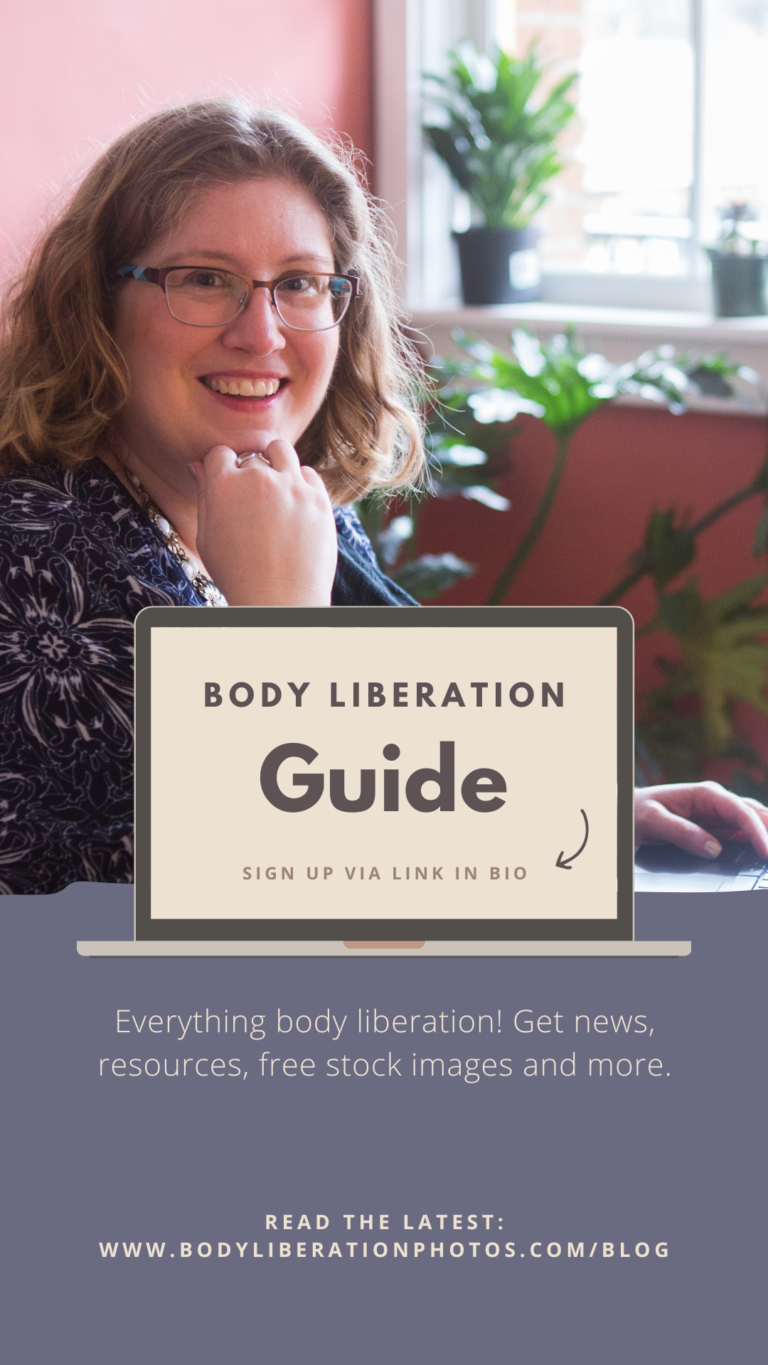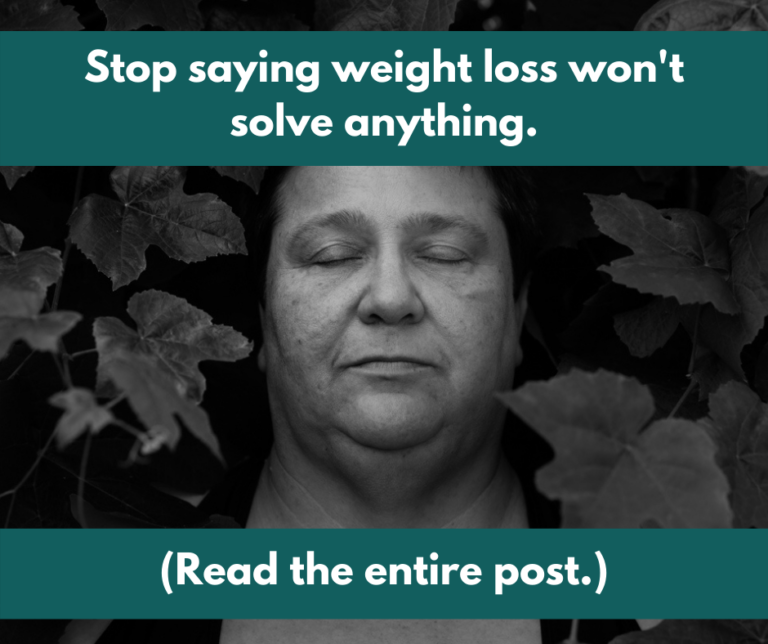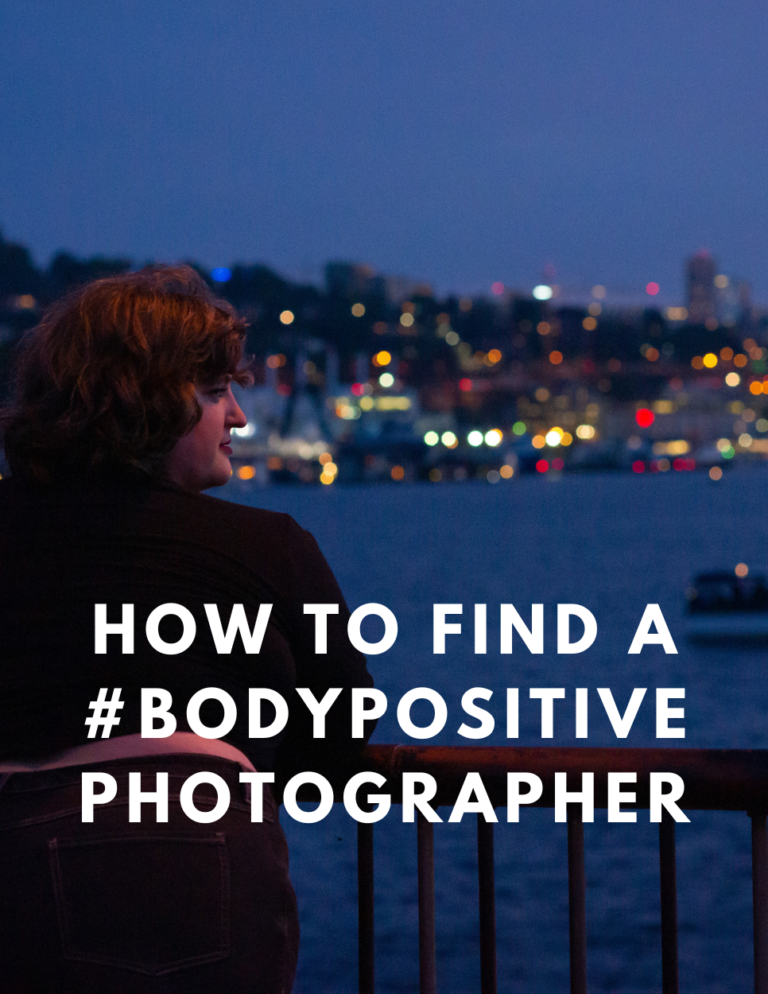Let’s talk about research.
Let’s talk about research.
When it comes to weight and health, everyone’s a scientist. People who haven’t picked up a textbook in twenty years are suddenly confident that they know more about fat people’s bodies than the fat people themselves do.
What’s more, they know just what fat people should be doing (or not doing) with their bodies, and they get real indignant when challenged. So their next demand is always that we prove our claims about fatness, primarily that we don’t have a way to make fat bodies thin in the long term.
Well, first:
No, you prove it. If you’re making claims that diets DO work, surely it would be easy to come up with a single peer-reviewed study showing that a significant number of participants lost more than 10% of body weight and kept it off for five years, right?
Right?
What, there’s a $78 billion industry making the same claims you are, and even with all that funding there’s not a single study that proves there’s a way to reliably make fat people into thin people.
Huh. Weird.
Maybe you should stop pestering fat people to prove that diets don’t work until you have a shred of evidence that they actually do.
Second:
Let’s talk about what “proving it” means in the context of research, studies and academia.
Weight stigma is rooted in racism (see Dr. Sabrina Strings’ invaluable work Fearing the Black Body for all the cites you could ever want), and both Black people and fat people (populations which, of course, overlap) have historically been excluded from academia.
In fact, right now I personally know four different fat folks who are trying desperately to attend grad school, whose universities won’t even allow them full access to classrooms by providing chairs and desks they can actually use.
This means that almost all research on and about fat people is being done by thin people. I’m not going to mince words here: A population of people who have historically oppressed fat people, and who have a hell of a vested interest in continuing to oppress fat people, is in charge of research on fat people.
Hmm. What does that sound like to you? Doesn’t sound like a recipe for good science to me.
Third:
Demanding research before you’ll believe anything fat people say is one way of displacing discomfort with fatness by prioritizing the lens of thinness.
In plain terms, that means you won’t believe anything a fat person says unless a thin person says it too.
This is especially true when it comes to qualitative research. Oh, you won’t believe my lived experience when I tell you, but you’ll believe it after a thin person has collected it, approved it, moved their career forward with it and published it?
Bless your heart.
Hi there! I'm Lindley. I create artwork that celebrates the unique beauty of bodies that fall outside conventional "beauty" standards at Body Liberation Photography. I'm also the creator of Body Liberation Stock and the Body Love Shop, a curated central resource for body-friendly artwork and products. Find all my work here at bodyliberationphotos.com.

